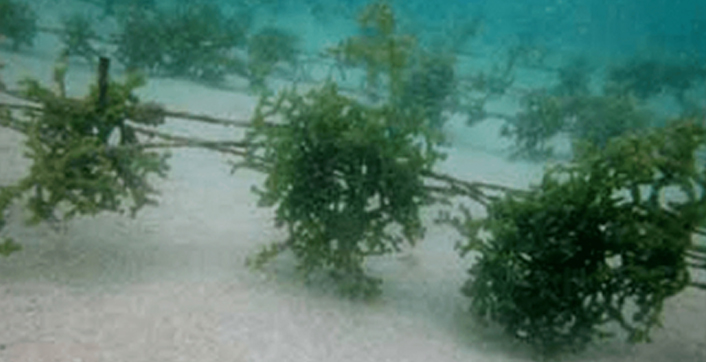- October 1, 2022
- Posted by: Mark
- Category: Business plans

As custodians of the biggest ocean on the planet, Pacific Island nations are on the front-line of the Blue Economy challenge and rely on healthy ocean ecosystems for economic growth, food security and natural capital. In fact 98% of the Pacific Islands countries’ territories is ocean and provides USD 2.193 billion per annum in marine and coastal ecosystem services just in Kiribati, Vanuatu, Solomon Islands, Fiji and Tonga alone. Despite these benefits, ocean and coastal ecosystems in the Pacific are being degraded and lost at an unprecedented rate, risking increased vulnerability to rising sea levels and the impacts of climate change. Blue Economy initiatives can improve biodiversity conservation, sustainable economic growth and local livelihoods, and contribute to the achievement of the SDGs, especially SDG 13 through climate change mitigation and adaptation and SDG 14 through sustainable use of marine resources.
Currently seaweed production targets the cosmetic industry (e.g. the farming of Kappaphycus alverezii) and the culinary industry (e.g. Caulerpa racemose or sea grapes).
However there are numerous other ways to use seaweed whether sustainably harvested from the wild or cultivated, that Pacific island countries need to explore.
Seaweed can be used in animal feed, with studies showing that including seaweed in animal feed will drastically reduce methane production by cattle, contributing to climate change mitigation efforts as methane is a potent greenhouse gas (GHG). Seaweed is also a great organic fertilizer. Liquid seaweed fertilizer is rich in minerals, vitamins and enzymes. It is highly effective, cheap, easy to produce and, on top of all that, organic.
Seaweed can also be used for the production of sustainable fuels in an effort to both reduce GHG emissions and dependency on expensive imported fossil fuels. Seaweed has also been used for production of compostable plastics as well as bio-epoxy which is an important component of wood/bamboo composites with the advantage of it being green and not derived from petroleum products.
Besides its commercial potential, seaweed has an important role for the ecosystem services it provides. It aids in carbon sequestration, reduction of ocean acidification and also assists in bioremediation, helping to restore degraded marine ecosystems. It can also be a primary species in integrated multi-trophic systems providing a perfect habitat for a number of other marine fauna, including fish, a staple source of protein for coastal Pacific communities.
The economic viability of the industry and its competitiveness is probably the principle consideration of any further development of the industry.
Although there have been a number of projects and efforts in the Pacific Island region supporting aspects of seaweed production, these have been mainly led by government or regional organisations and have generally missed the opportunity to involve the private sector. We need to identify the obstacles impeding the growth of the sector as well as identify ways to address and overcome them to ensure expansion of the sector in Fiji. We also need initiatives led directly by private sector entities or have direct links to the private sector for onward sales. These need a public-private partnership approach to project development and implementation which we are able to support.


Rattling excellent information can be found on web site.Raise your business